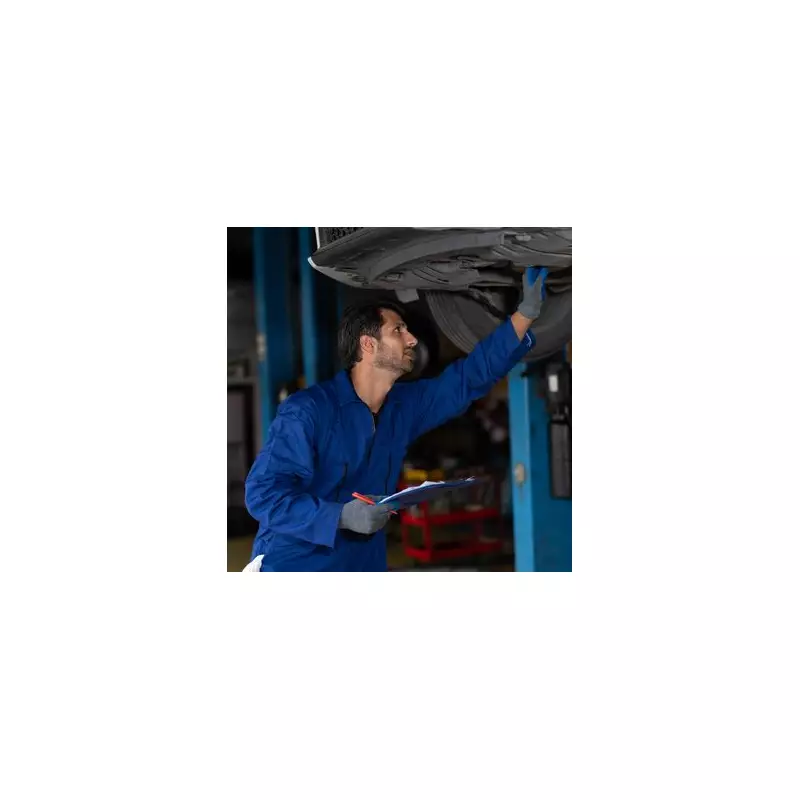
Buying a used car can feel like navigating a minefield, and now a seasoned UK mechanic has lifted the lid on the underhand tactics some dealers use to conceal serious mechanical faults. The expert warns that without this crucial knowledge, unsuspecting buyers are at high risk of driving away in a lemon.
The 'Quick Valet' Trick
One of the most common tricks is what professionals call a 'quick valet.' This isn't a thorough clean; it's a strategic detailing job designed to mask problems. An overpowering 'new car' scent is often sprayed inside to hide the tell-tale smell of damp or mould, which could indicate water leaks or flood damage. A suspiciously shiny engine bay might not be a sign of good care, but a layer of oil-soaking powder designed to hide leaks.
Beware the 'Bargain' That's Too Good to Be True
The mechanic urgently advises shoppers to be deeply suspicious of prices that seem too good to be true. A car priced significantly below market value is often a major red flag. "If it's cheap, there's a reason," the expert states, warning that the initial 'saving' will quickly be swallowed by repair bills for issues the dealer has knowingly concealed.
The Essential Pre-Purchase Checks
To avoid these pitfalls, buyers must be proactive. The key advice is to never rely on the dealer's word alone.
- Check the Oil: Wipe the dipstick on a white tissue. Clean oil is good; glittery, metallic oil is a sign of severe internal engine wear.
- Feel the Brakes: After a test drive, feel the alloy wheels. If one is much hotter than the others, it indicates a binding brake caliper, a costly fix.
- Cold Start Only: Insist on seeing the car start from completely cold. A dealer may warm it up beforehand to hide starting issues or engine smoke when cold.
- Independent Inspection:
The single most important piece of advice is to invest in an independent vehicle inspection from a reputable company like the RAC or AA. For a relatively small fee, a qualified engineer will give you a comprehensive report on the vehicle's true condition, potentially saving you thousands of pounds and immense stress.
Arming yourself with this knowledge is your best defence against ending up with a dangerous and expensive dud. Always do your homework and trust your instincts—if something feels off, walk away.





